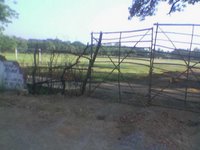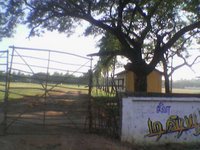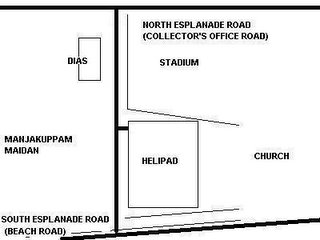
St. Joseph's Church in Kammianpet, Cuddalore.
A blog on Cuddalore. CuddaloreOnline contains 'developement oriented' news about Cuddalore, new projects that can be taken up for the development of the town, status of ongoing projects, comments and photographs of Cuddalore. You can also find posts dealing with several aspects of urban planning & design and other issues of general interests (esp.environmental issues). Subscribe for newsletters and join the CuddaloreOnline group.
| Chrysotile is an established carcinogen and there is no safe threshold |
The same would be established at a cost of Rs 36 crores with funds from the State Government and various agencies.
The works would be commenced after finalising the tender, said the Municipal Commissioner, K.R. Selvaraj full story>>
“While Chinese Petroleum Corporation is one of the options we are also talking to a few other prospective equity partners,” K S Raju, vice chairman and managing director of parent company Nagarjuna Fertiliser Corporation Ltd, (NFCL) told DNA Money.
The Taiwanese company had said in Taipei earlier on Monday it may invest in Nagarjuna Oil Company which had offered it 26% equity in the 6 mtpa capacity project.
“We have not yet finalised the deal with Chinese Petroleum,” Raju said.
Being implemented at a 2:1 debt-equity ratio the project will have a majority holding by the promoter group while the remaining 49% is likely to be split among several joint venture partners. However, Raju did not name the others in the reckoning pending finalisation of the deal. “But we are very close to financial closure and we would be on stream within 3-4 years from now,” he said.
COPYRIGHT © 2006 DILIGENT MEDIA CORPORATION LTDIt was a project that started in tsunami-hit Cuddalore and now Chennai city has its own Solar fish drier.
Karuvadu or dried fish is a delicacy that 70-year-old Thangapapa has been making all her life.
She buys fish and puts them on the sands to dry them out. It takes a full sunny day, sometimes two, for the fish to dry out.
And it's unhygienic. But now all that's changed with the arrival of a new solar fish drier.
"If we put it for drying outside, then we will have to have five people guarding the fish. Crows and dogs will eat the fish. Now, we just have to put it in the drier and in four hours it's done. It's cleaner and more hygienic," says Thangappa.
She says with the solar drier she can make double the amount of Karuvadu in the same time. She just has to put fish in these trays and put it in the drier powered by solar energy. She's now part of a Self-Help Group and they got the drier, which costs RS 2.5 lakh, with the help of an NGO. And it's attracted more women in this fishing colony to join Thangapapa.
Says Janani, another fisherwoman, "I was unemployed earlier. Now with this machine, I have also started helping out. This means a source of income for me and we now want to put this fish in packets and sell them."
The project was first set up in the tsunami-hit Cuddalore district, where it has been implemented successfully. And now the company which makes the drier and some NGOs are planning to install more such machines in the city's fishing colonies.
Copyright © IBNLive.com.




